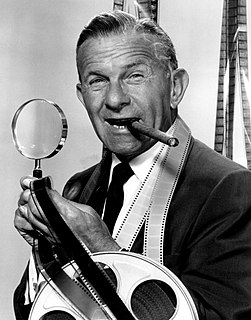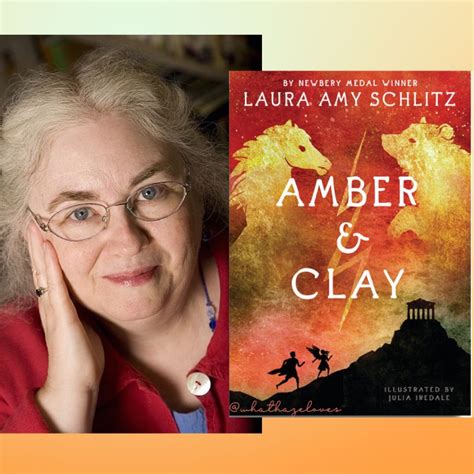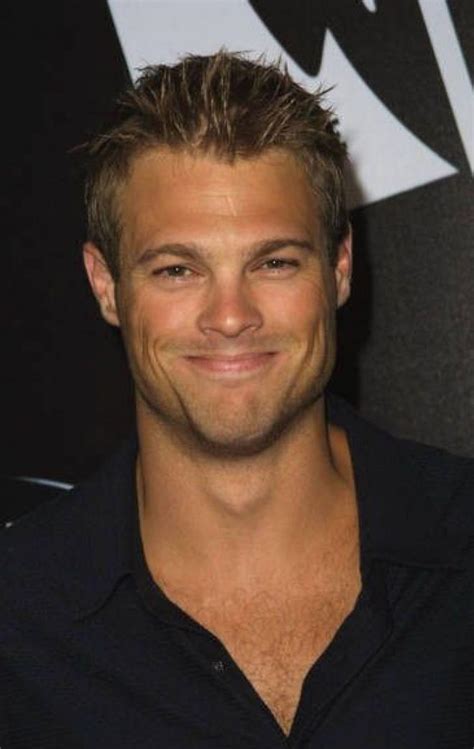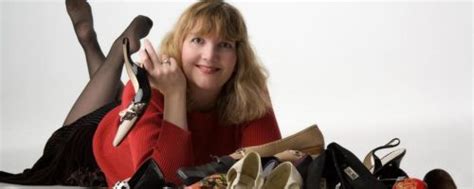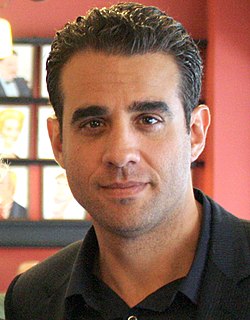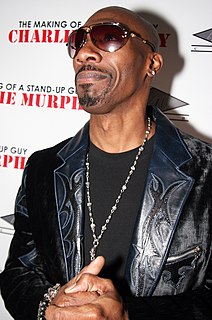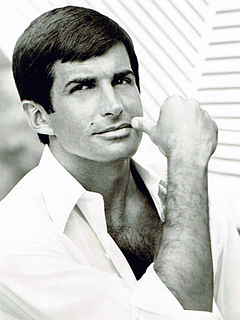A Quote by Tim Lebbon
Get an agent. Seriously, submitting stuff unagented means it will end up on the slush pile. An agent is the first quality filter, and a good agent is worth his or her weight in gold, as they'll often know the editors on a personal level and will be able to talk to them directly about the project.
Related Quotes
I wanted an agent who would actually sell stuff. After two British agents failed comprehensively, I was reading Locus (the SF field's trade journal) and noticed a press release about an experienced editor leaving her job to join an agent in setting up a new agency. And I went "aha!" - because what you need is an agent who knows the industry but who doesn't have a huge list of famous clients whose needs will inevitably be put ahead of you. So I emailed her, and ... well, 11 years later I am the client listed at the top of her masthead!
As a matter of selective necessity, man is an agent. He is, in his own apprehension, a centre of unfolding impulsive activity-'teleological activity.' He is an agent seeking in every act the accomplishment of some concrete, objective, impersonal end. By force of being such an agent, he is possessed of a taste for effective work, and a distaste for futile effort.
I have lunch with my friend who works for a theatrical agent and her and I were sitting there eating lunch on Sunset Boulevard and a woman who was a theatrical agent drove by and saw me and jumped out of the car and ran up and handed me her card. I had no idea this happens or would happen and I didn't know what to expect out of it. And my brother said alright you better call her and I said alright, why not? So that's pretty much how we got our first agent and then we started taking acting classes.
My father was a writer, so I grew up writing and reading and I was really encouraged by him. I had some sort of gift and when it came time to try to find a publisher I had a little bit of an "in" because I had his agent I could turn to, to at least read my initial offerings when I was about 20. But the only problem was that they were just awful, they were just terrible stories and my agent, who ended up being my agent, was very, very sweet about it, but it took about four years until I actually had something worth trying to sell.


